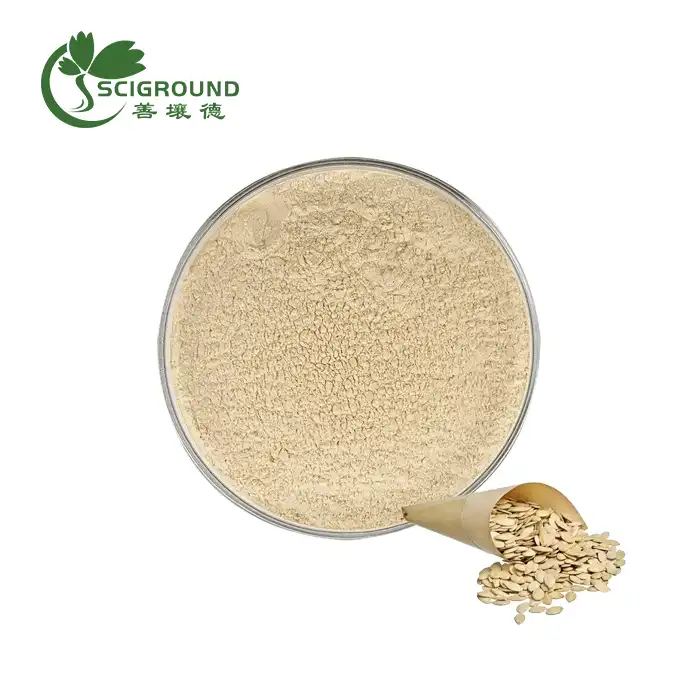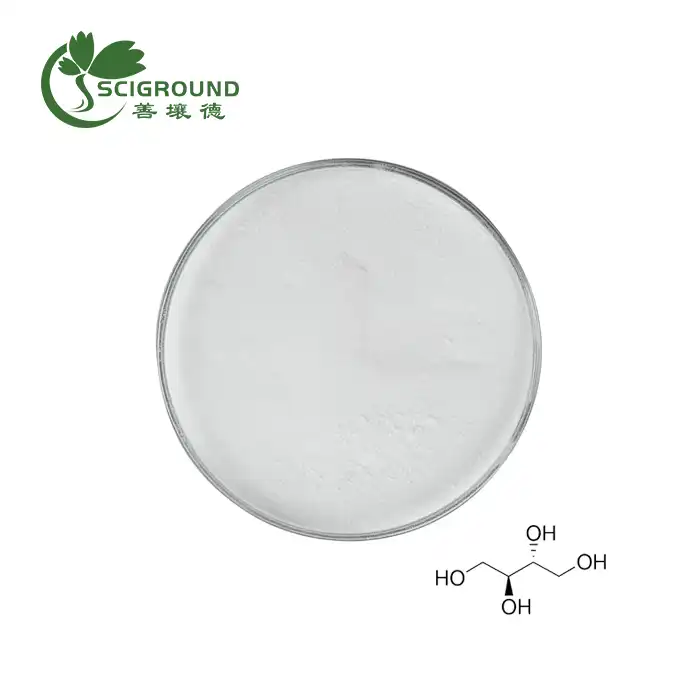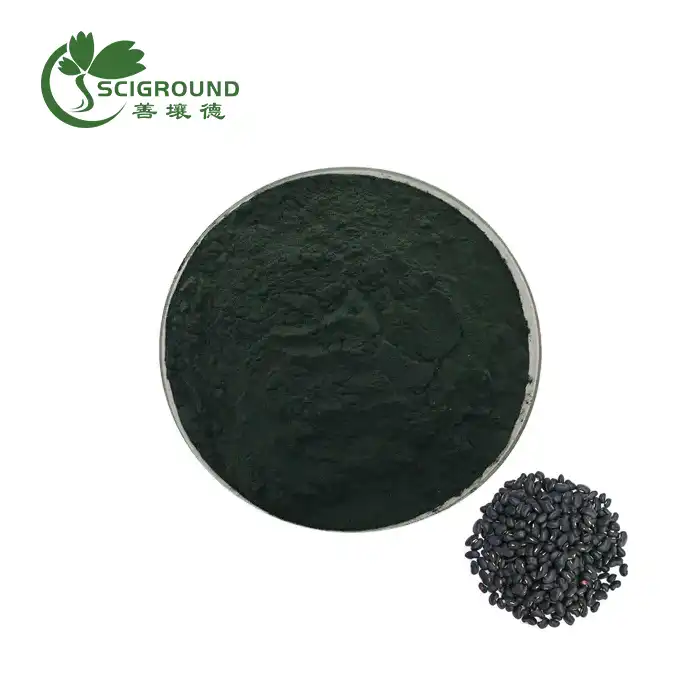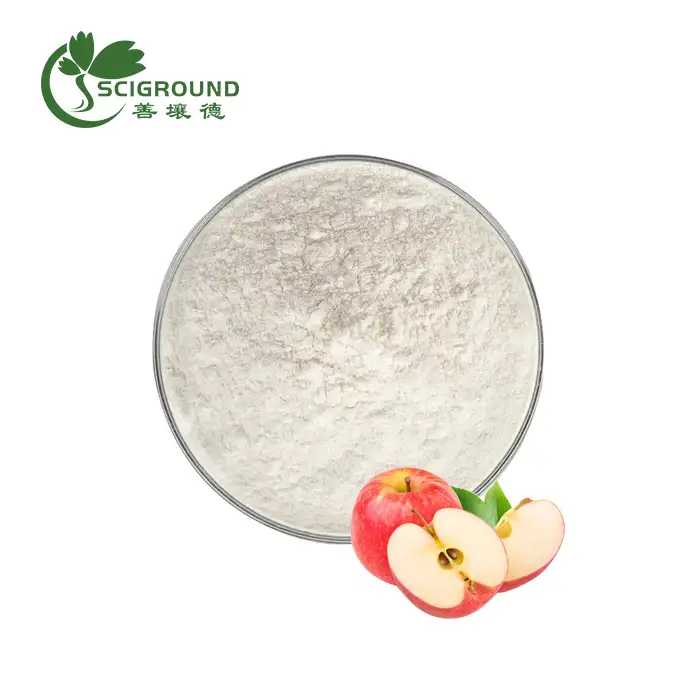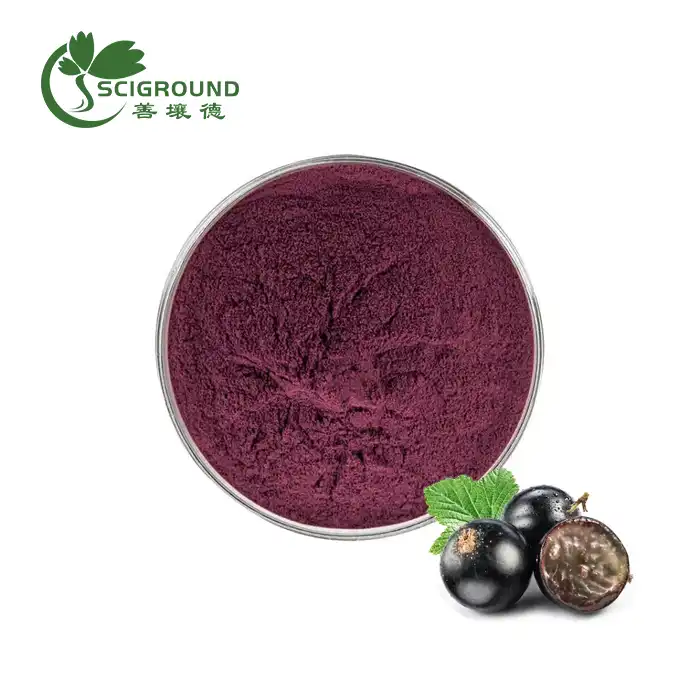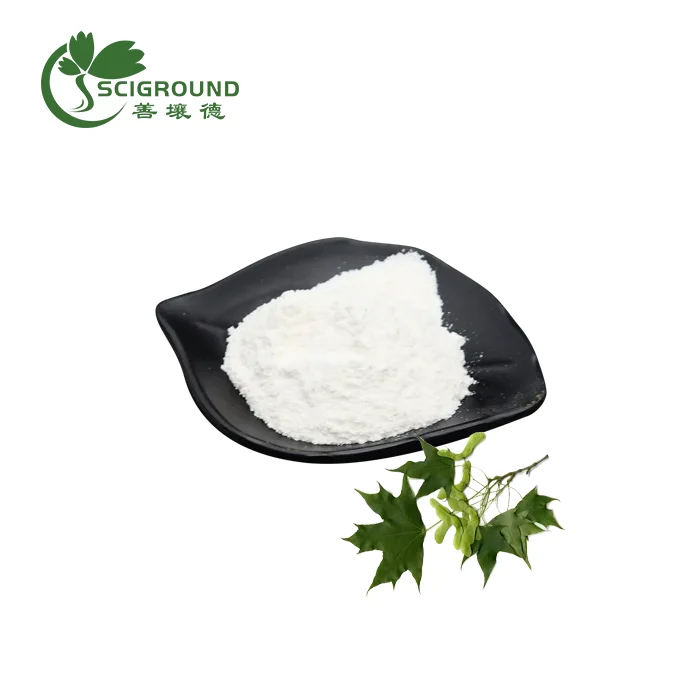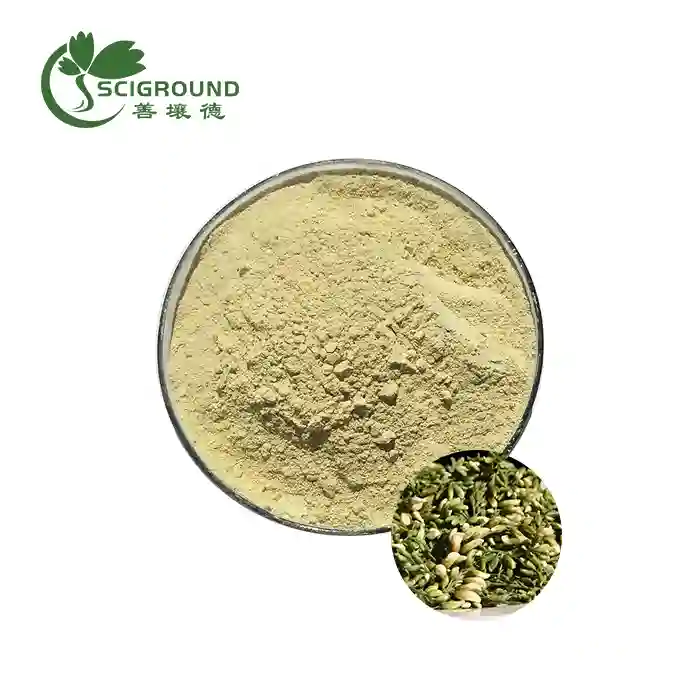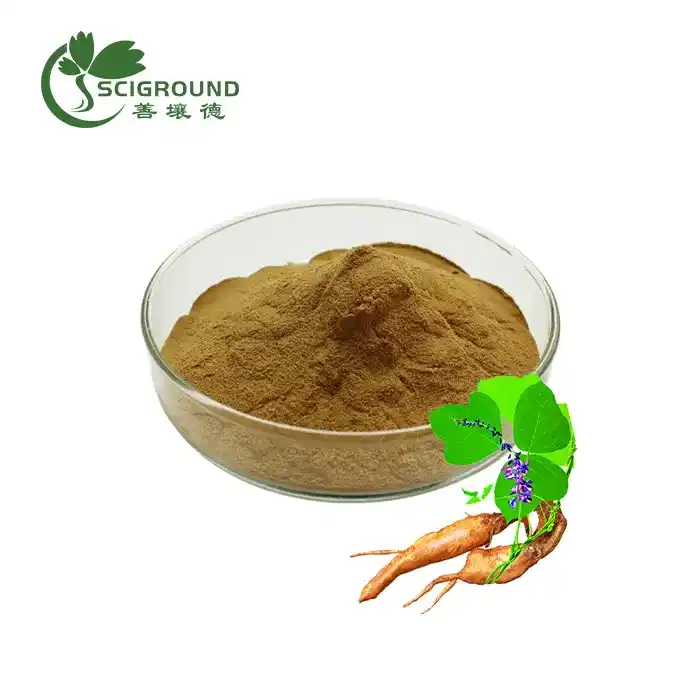What are the interactions of Mulberry Leaf?
Mulberry leaf, derived from the Morus alba tree, has gained popularity as a natural supplement due to its potential health benefits. However, like many herbal remedies, it's crucial to understand how mulberry leaf may interact with medications and other substances. This article delves into the interactions of mulberry leaf, its potential health benefits, precautions, and usage.
What are the potential health benefits of mulberry leaf?
Mulberry leaf extract has garnered attention for its diverse range of potential health benefits. Research suggests that this botanical marvel may offer several advantages:
Blood Sugar Regulation
One of the most notable benefits of mulberry leaf is its potential to help regulate blood sugar levels. The leaves contain compounds that may inhibit the absorption of carbohydrates in the gut, potentially leading to more stable blood glucose levels. This property makes mulberry leaf extract an intriguing option for individuals managing diabetes or those at risk of developing the condition.
Cardiovascular Health Support
Mulberry leaf extract may also contribute to heart health. Some studies indicate that it could help reduce cholesterol levels, particularly LDL (low-density lipoprotein) cholesterol, often referred to as "bad" cholesterol. By potentially lowering cholesterol levels, mulberry leaf may support overall cardiovascular health.
Antioxidant Properties
Rich in antioxidants, mulberry leaf extract may help combat oxidative stress in the body. Antioxidants are crucial in neutralizing harmful free radicals, which can damage cells and contribute to various chronic diseases. The antioxidant properties of mulberry leaf may offer protective effects against cellular damage.
Weight Management
Some research suggests that mulberry leaf extract may play a role in weight management. By potentially inhibiting the absorption of carbohydrates, it may help reduce calorie intake and support weight loss efforts when combined with a balanced diet and regular exercise.
What are the precautions of Mulberry Leaf?
While mulberry leaf extract offers potential benefits, it's essential to approach its use with caution and awareness of possible side effects and interactions:
Medication Interactions
Mulberry leaf may interact with certain medications, particularly those used to manage diabetes. The blood sugar-lowering effects of mulberry leaf could potentially lead to hypoglycemia (low blood sugar) when combined with diabetes medications. It's crucial for individuals taking diabetes medications to consult with their healthcare provider before incorporating mulberry leaf extract into their regimen.
Pregnancy and Breastfeeding
Due to limited research on the safety of mulberry leaf during pregnancy and breastfeeding, it's advisable for pregnant and nursing women to avoid using mulberry leaf extract. The potential effects on fetal development and infant health are not yet well-understood.
Allergic Reactions
Some individuals may experience allergic reactions to mulberry leaf. Symptoms of an allergic reaction may include itching, rash, or difficulty breathing. If you notice any signs of an allergic reaction, discontinue use immediately and seek medical attention.
Digestive Issues
In some cases, mulberry leaf extract may cause mild digestive discomfort, including nausea, bloating, or diarrhea. If you experience persistent digestive issues, it's advisable to reduce the dosage or discontinue use and consult with a healthcare professional.
How is mulberry leaf used?
Mulberry leaf extract is available in various forms and can be incorporated into your routine in several ways:
Supplements
Mulberry leaf extract is commonly available in capsule or tablet form. These supplements offer a convenient way to incorporate mulberry leaf into your daily routine. It's important to follow the recommended dosage instructions provided by the manufacturer or as advised by your healthcare provider.
Tea
Mulberry leaf tea is a popular and traditional way to consume this botanical. Dried mulberry leaves can be steeped in hot water to create a flavorful and potentially beneficial beverage. Many people enjoy mulberry leaf tea as a caffeine-free alternative to traditional teas.
Powder
Mulberry leaf powder can be added to smoothies, yogurt, or other foods to boost their nutritional content. This versatile form allows for easy incorporation into various recipes and dietary habits.
Tinctures
Mulberry leaf tinctures are liquid extracts that can be added to water or other beverages. Tinctures offer a concentrated form of mulberry leaf and are often preferred by those who find capsules difficult to swallow.
When using mulberry leaf extract, it's crucial to start with a low dose and gradually increase as tolerated. Always consult with a healthcare professional before adding any new supplement to your routine, especially if you have existing health conditions or are taking medications.
In conclusion, mulberry leaf extract offers potential health benefits, particularly in blood sugar regulation and cardiovascular health support. However, it's essential to be aware of possible interactions and precautions. By understanding how to use mulberry leaf extract safely and effectively, you can make informed decisions about incorporating this natural supplement into your wellness routine.
If you're interested in learning more about mulberry leaf extract or other plant-based supplements, don't hesitate to reach out to us at info@scigroundbio.com. Our team of experts is here to answer your questions and provide guidance on incorporating natural supplements into your health regimen.
References:
- Zhang, Y., et al. (2018). "Mulberry leaf extract and blood glucose control in diabetes: A systematic review and meta-analysis." Journal of Functional Foods, 52, 1-10.
- Thaipitakwong, T., et al. (2018). "Mulberry leaf extract and its active compounds: Potential as antidiabetic agents." Journal of Ethnopharmacology, 214, 199-206.
- Lown, M., et al. (2017). "Mulberry-extract improves glucose tolerance and decreases insulin concentrations in normoglycaemic adults: Results of a randomised double-blind placebo-controlled study." PLoS One, 12(2), e0172239.
- Hunyadi, A., et al. (2012). "Metabolic effects of mulberry leaves: Exploring potential benefits in type 2 diabetes and hyperlipidemias." Evidence-Based Complementary and Alternative Medicine, 2012, 1-10.
- Ann, J. Y., et al. (2015). "Mulberry leaf extract displays antidiabetic activity in db/db mice via Akt and AMP-activated protein kinase phosphorylation." Journal of Medicinal Food, 18(1), 83-90.
- Srivastava, S., et al. (2015). "Antihyperglycemic and antidyslipidemic activities of add-on therapy with mulberry leaf extract in type 2 diabetic patients." Journal of Herbal Medicine, 5(1), 1-6.
Related Industry Knowledge
- What is Orange Juice Powder?
- What does Agaricus Blazei do for the skin?
- Does acitretin weaken your immune system?
- Would Cauliflower Rice Act as a Binder for Meatloaf
- Is safflower extract safe?
- Is inulin a prebiotic
- Is Oat Protein Powder the Right Plant-Based Protein Supplement for You?
- The Benefits and Safety of Vitamin B9 Powder
- A Comprehensive Guide to Purchasing Kudzu Root Extract Powder for Business
- Forsythia Extract: Unlocking Nature's Wellness Secrets
